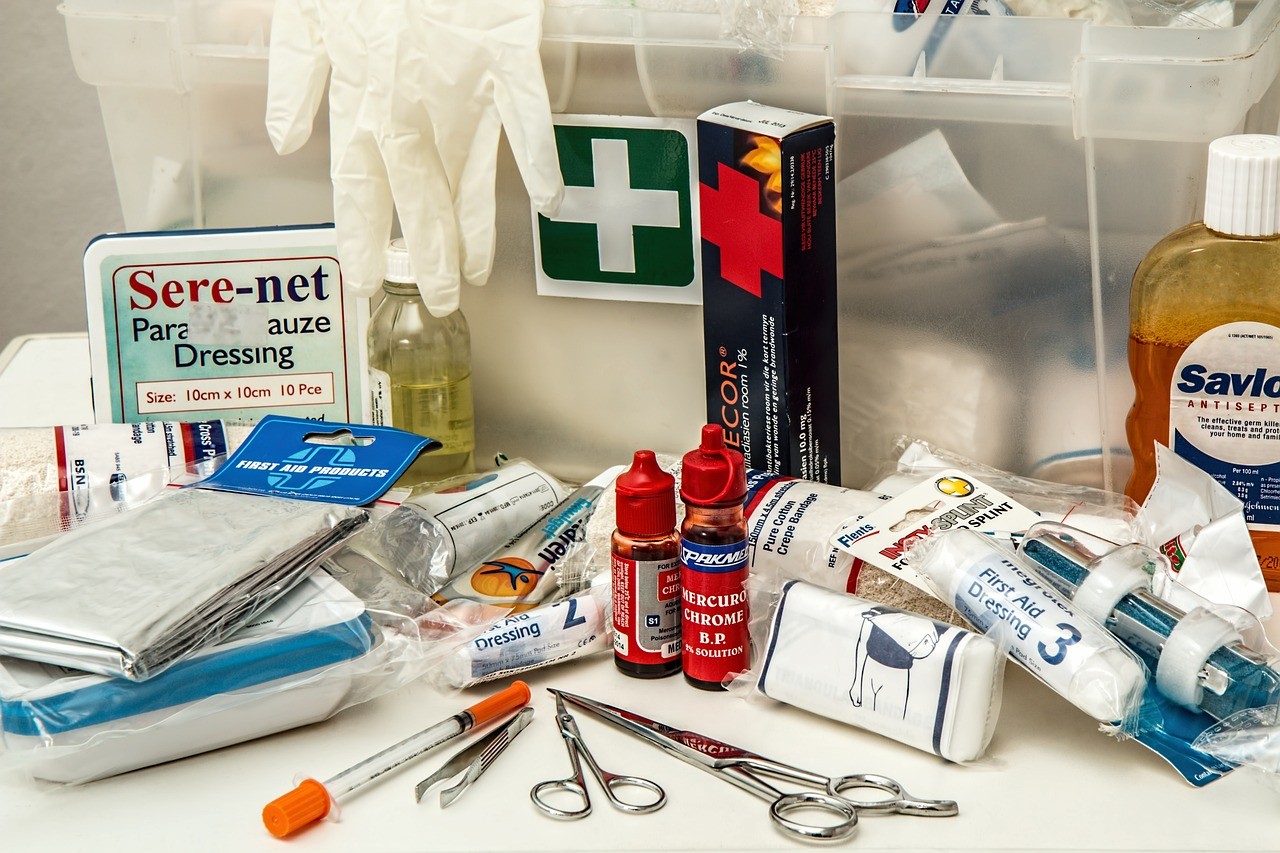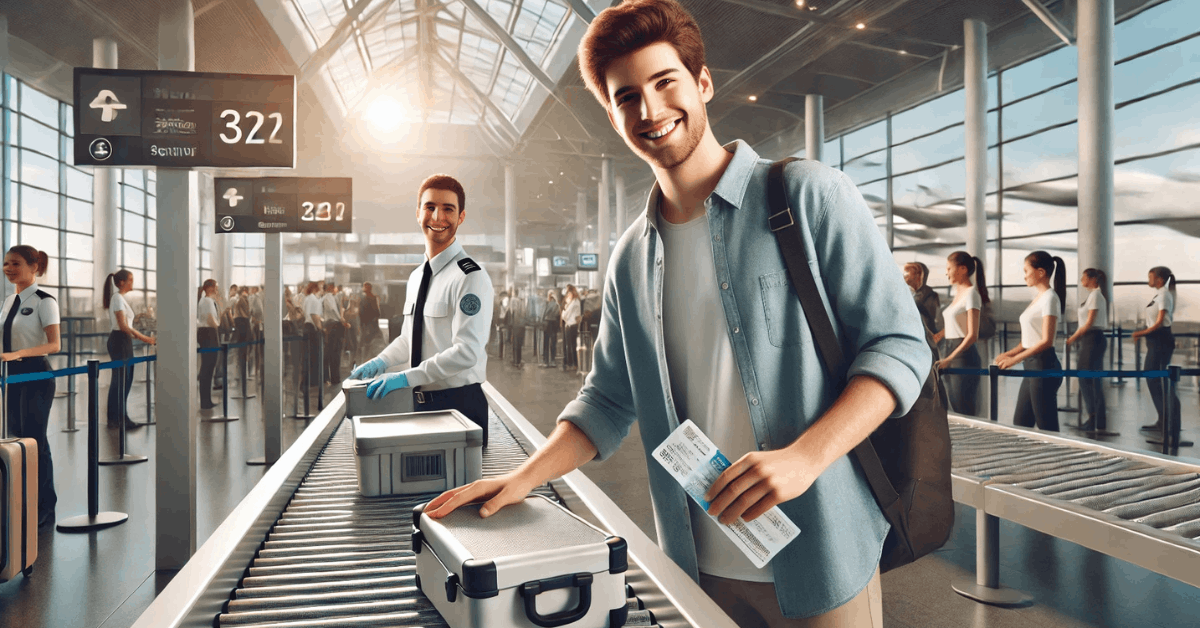Travelling alone for the first time is both thrilling and daunting. To ensure a secure and memorable experience, it's vital to prioritize safety.
This guide will provide essential strategies for your solo adventure, equipping you with the knowledge and confidence to navigate uncharted waters.
Whether planning a solo escape or considering it for the future, read on to discover the critical steps for a safe and rewarding journey.
Research and Planning
Before you embark on your first solo journey, thorough research and careful planning are your keys to a safe and enjoyable experience. Here are essential steps to consider:
Destination Research
- Safe Neighborhoods: Identify secure neighborhoods and accommodations. Read reviews for safety insights.
- Local Customs and Laws: Understand customs, etiquette, and laws, ensuring respectful behavior.
- Visa and Entry: Confirm visa requirements and check passport validity.
- Currency and Payments: Understand local currency and exchange rates carry cash and payment cards.
- Emergency Services: Note local emergency numbers and understand how they operate.
Focusing on these core areas will help you prepare effectively for your solo journey.
Itinerary Planning
- Set Realistic Expectations: Define achievable goals for your trip, considering your interests, time, and resources.
- Create a Flexible Schedule: Craft an itinerary for spontaneity and adaptation to unexpected opportunities or changes.
- Inform Someone of Your Travel Plans: Share your itinerary and contact details with a trusted person for safety and peace of mind.
- Budget Management: Determine your travel budget and plan expenses for accommodations, meals, activities, and unexpected costs.
- Local Cuisine Exploration: Research and list local dishes or specialties to savor, enhancing your cultural experience.
- Safety Precautions: Familiarize yourself with safety tips and precautions specific to your destination, such as common scams or weather-related concerns.
By incorporating these aspects into your itinerary planning, you'll have a well-rounded plan for a successful solo adventure.
Packing Essentials
Efficient packing for your first solo adventure is crucial. The goal is to ensure you have the right essentials while keeping your luggage manageable. Here's what to pack:
Packing Light but Smart
- Select Essential Clothing: Pack versatile clothing suitable for the destination's climate and activities, focusing on practicality and comfort.
- Pack First-Aid and Medical Supplies: Include a basic first-aid kit with essentials like band-aids, pain relievers, and any personal medications you may need.
- Organize Important Documents: Keep essential documents organized, including your passport, visa, travel insurance, and any necessary permits or IDs.
- Secure Valuables: Invest in a hidden money belt or pouch to store important documents, cash, and valuables discreetly and securely.
- Emergency Contact Information: Create a list of emergency contact numbers, both local and international, and keep it readily accessible in case of unexpected situations.
By addressing these packing essentials, you'll be well-prepared to manage your belongings, stay healthy, and ensure a smooth journey during your solo adventure.

Safety Gear
- Consider Personal Alarms and Self-Defense Tools: Evaluate the need for personal safety devices like alarms, whistles, or self-defense tools and ensure you know how to use them effectively.
- Use RFID-blocking Wallets or Bags for Added Security: Invest in RFID-blocking products to safeguard your credit card and passport information from potential theft.
- Travel Insurance: Prioritize travel insurance to cover medical emergencies, trip cancellations, and other unforeseen events, ensuring peace of mind.
Incorporating these additional safety measures into your travel preparations will enhance your security and overall experience while traveling alone.
Also read: Central America Travel: Learn These 7 Essential Tips
Staying Connected
Maintaining connections while traveling solo is crucial for both convenience and security. Here's how to stay connected effectively:
Communication Tools
- Consider Local SIM Cards or International Roaming: Choose a suitable mobile plan.
- Download Useful Travel Apps: Install navigation and translation apps.
- Communication Tools: Carry a reliable device with apps and contacts.
- Regular Check-Ins: Stay in touch with family and friends.
- Use Social Media Wisely: Be cautious about sharing details online.
By following these steps, you'll stay connected and safe during your solo adventure.
Regular Check-Ins
- Keep in Touch with Family and Friends: Maintain communication with loved ones.
- Use Social Media Wisely for Updates: Share trip updates and safety precautions online.
- Share Your Location: Utilize location-sharing features when necessary.
- Set Emergency Contacts: Program emergency contacts in your phone.
- Have a Backup Charger: Carry a portable charger for your device.
By implementing these steps, you'll stay connected and ensure your safety during your solo adventure.
Navigating Safely
Safe navigation is paramount during solo travel. Being well-prepared and cautious while getting around is essential for a secure journey. Here are some strategies:
Getting Around
- Use Reliable Transportation Options: Opt for trusted and well-reviewed transportation services.
- Stay Aware of Surroundings: Pay attention to your surroundings for added safety.
- Trust Your Instincts: If something feels unsafe or uncomfortable, take precautions.
- Avoid Walking Alone at Night: Stick to well-lit, populated areas in the evenings.
- Carry Local Currency: Have cash for small expenses where card payments may not be accepted.
- Learn Basic Local Phrases: Know essential phrases for asking directions or seeking help.
By following these steps, you'll navigate your solo adventure safely and efficiently.
Avoiding Risky Situations
- Avoid Walking Alone at Night: Stick to well-lit and populated areas in the evenings.
- Carry Local Currency: Have cash for small expenses where card payments may not be accepted.
- Learn Basic Local Phrases: Know essential phrases for asking directions or seeking help.
- Keep Valuables Secure: Use anti-theft bags or pouches to protect your belongings.
- Stay Informed About Local News: Be aware of any safety updates or incidents in the area.
Following these steps will enhance your safety and peace of mind during your solo journey.
Interacting with Locals
Engaging with locals can enrich your travel experience, but it's essential to do so safely and respectfully. Here's how to interact with locals:
Cultural Sensitivity
- Respect Local Customs and Traditions
- Learn Basic Language Phrases for Polite Communication
Building Connections
- Meet Fellow Travelers for Shared Experiences
- Engage with Locals Safely and Responsibly

Handling Emergencies
Knowing how to respond to emergencies is crucial when traveling alone. Being prepared for various situations can make all the difference. Here's what to do:
Know Emergency Numbers and Contacts
- Memorize or save local emergency numbers
- Keep a list of important contacts, including embassy and consulate information
Dealing with Lost Documents or Belongings
- Have backup copies of essential documents
- Report losses promptly to local authorities and your embassy or consulate if needed
Finding Local Authorities and Embassies
- Familiarize yourself with the locations of local police stations and embassies
- Seek help from authorities in case of safety concerns or legal issues
Wrapping Up: Essential Safety Strategies for First-Time Solo Travel
In conclusion, your first solo journey offers excitement and self-discovery, but safety is paramount.
By following the strategies outlined in this guide, such as thorough research, careful planning, and staying connected, you can explore with confidence.
Solo travel thrives on a blend of independence, preparation, and vigilance for a safe and rewarding adventure.

















